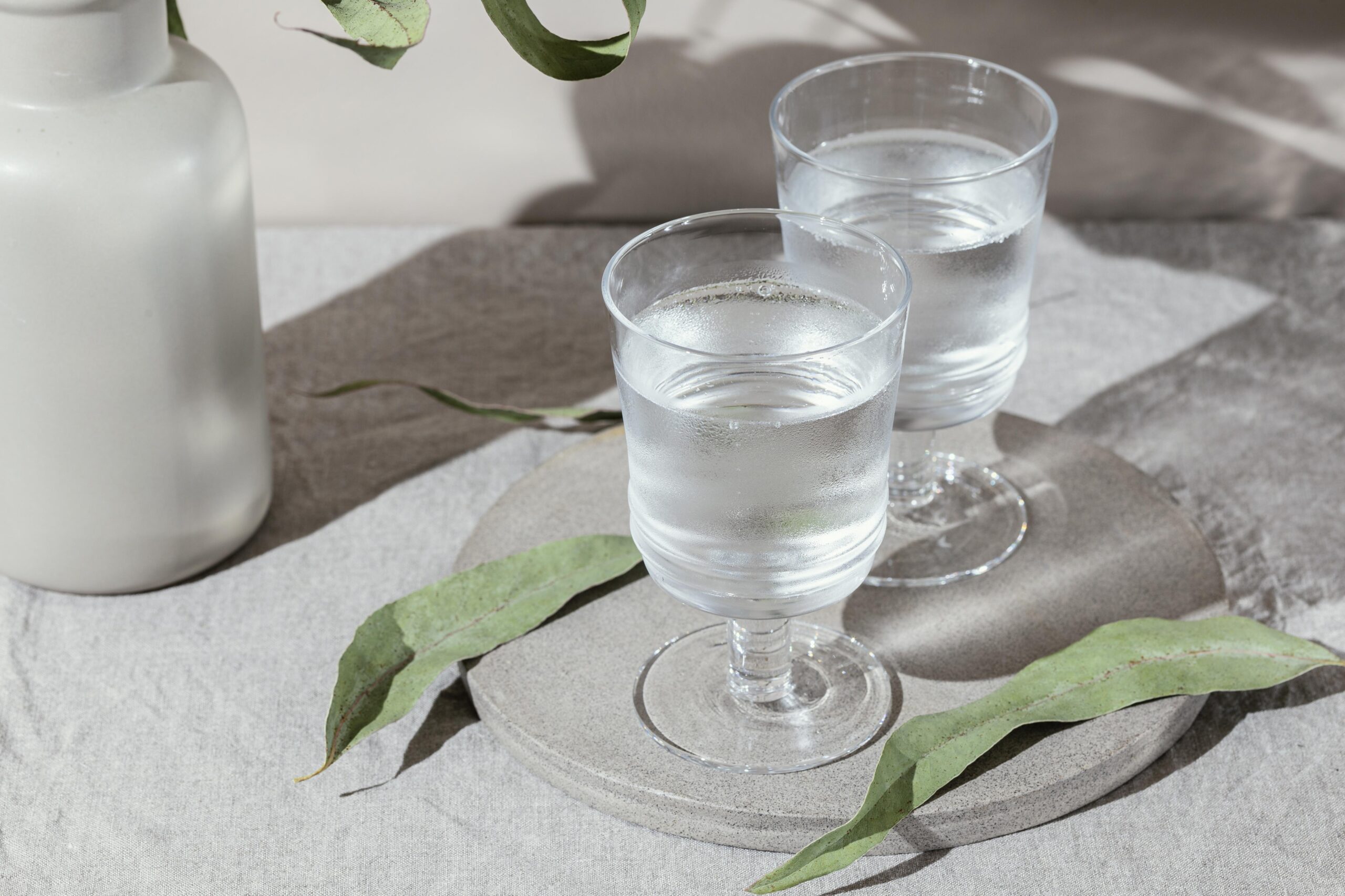Staying hydrated is essential for everyone, but it’s especially crucial if you have ADHD. Proper hydration can significantly impact brain function, mood regulation, energy levels, and neurotransmitter function—all areas where individuals with ADHD often need support. Let’s dive into why water is so vital and how you can ensure you stay hydrated throughout the day.
Impact of Dehydration on ADHD Symptoms
For those with ADHD, even mild dehydration can have noticeable effects:
- Reduced Focus: Dehydration can impair concentration and increase feelings of brain fog, making it harder to stay on task.
- Increased Impulsivity: Dehydration can heighten impulsivity, leading to more frequent interruptions and difficulty staying calm.
- Memory Issues: Adequate hydration supports short-term memory function, which is crucial for managing daily tasks and responsibilities.
- Emotional Instability: Dehydration can worsen mood swings and emotional reactivity, which can be particularly challenging for those with ADHD.
Practical Tips for Staying Hydrated
Staying hydrated can be challenging, but with a few practical strategies, you can make it a natural part of your routine:
- Set Reminders: It’s easy to forget to drink water, especially when you’re focused on other tasks. Set hourly reminders on your phone or use a hydration app that nudges you to take a sip. These reminders can be especially helpful during busy or hectic days when hydration might slip your mind.
- Keep Water Accessible: Always having a water bottle within reach is one of the simplest ways to stay hydrated. Whether you’re at your desk, in the car, or running errands, a reusable water bottle can make a big difference. Consider bottles with measurement markings to track your intake throughout the day. Investing in a bottle you like can also make drinking water more enjoyable.
- Flavour It Up: Plain water can sometimes feel monotonous. Add a slice of lemon, lime, cucumber, or a few berries to your water for a refreshing twist. You can also try herbal teas (hot or iced) without added sugar. Infused water bottles with built-in fruit compartments can make this even easier.
- Eat Hydrating Foods: Many fruits and vegetables have high water content and can contribute to your overall hydration. Include foods like cucumbers, watermelon, strawberries, oranges, and leafy greens in your diet. Soups, broths, and smoothies are also excellent ways to increase your fluid intake while enjoying a variety of nutrients.
- Start Your Day Right: Kickstart your hydration by drinking a glass of water first thing in the morning. After several hours of sleep, your body can be slightly dehydrated. This simple habit can help you start your day feeling refreshed and energized.
- Use a Water Bottle with Measurements: A bottle marked with measurements helps you keep track of how much water you’re drinking. This visual aid can be a great motivator, helping you ensure you’re meeting your hydration goals. Some bottles even have time markers to remind you how much to drink by a certain time of day.
- Pair Water with Routine Tasks: Create associations between drinking water and regular activities. For example, drink a glass of water after every bathroom break, before each meal, or whenever you take a break. This helps establish a routine where hydration becomes a natural part of your day.
- Choose Water-Rich Snacks: Opt for snacks that contribute to your daily water intake. Yogurt, smoothies, and fresh fruits not only hydrate but also provide essential vitamins and minerals. These snacks can be particularly refreshing and beneficial during hot weather or after physical activity.
How Much Water Do You Need?
The general recommendation is to drink at least 8 cups (64 ounces) of water a day, but individual needs can vary. Factors such as body weight, activity level, and climate can influence your hydration needs. A good rule of thumb is to drink enough water so that your urine is light yellow or clear.
Hydration might seem like a small detail, but it plays a significant role in managing ADHD symptoms. By ensuring you stay properly hydrated, you can support your brain function, improve your mood, and maintain consistent energy levels. Incorporate these hydration tips into your daily routine and notice the positive impact on your focus and overall well-being. Cheers to a well-hydrated, more focused you!







